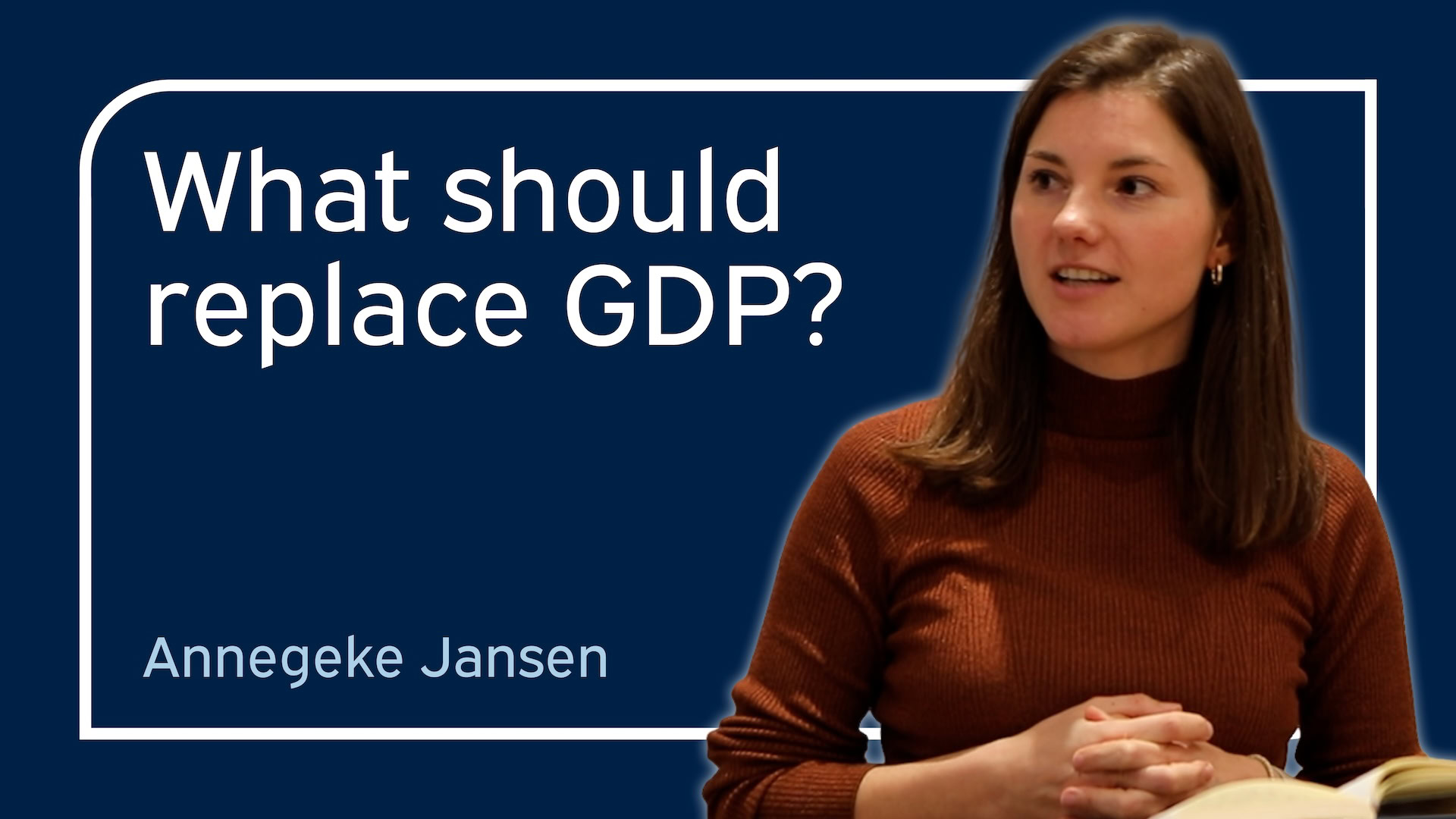John F. Helliwell, Richard Layard, Jeffrey D. Sachs, Jan-Emmanuel De Neve, Lara B. Aknin and Shun Wang
Abstract
We argue that individual wellbeing is best captured by single self-reports of one’s overall quality of life. This approach is direct, efficient, globally comparable and distinguishes wellbeing from what might explain it.
We are writing, as the editors of the World Happiness Report 2025, in response to VanderWeele and Johnson, who argue that wellbeing cannot be effectively assessed using a single-outcome measure, and instead propose measuring multiple dimensions using a composite flourishing index. They have used such an index to compare the quality of life in different countries.
In our view, most of the individual factors that get combined in such an index are causes of wellbeing and not wellbeing itself. For example, self-ratings of health, finances, social relationships, religiosity and so on are critical to understanding why people feel the way they do. But, the resulting product is wellbeing — in other words, the quality of life as we experience it.

